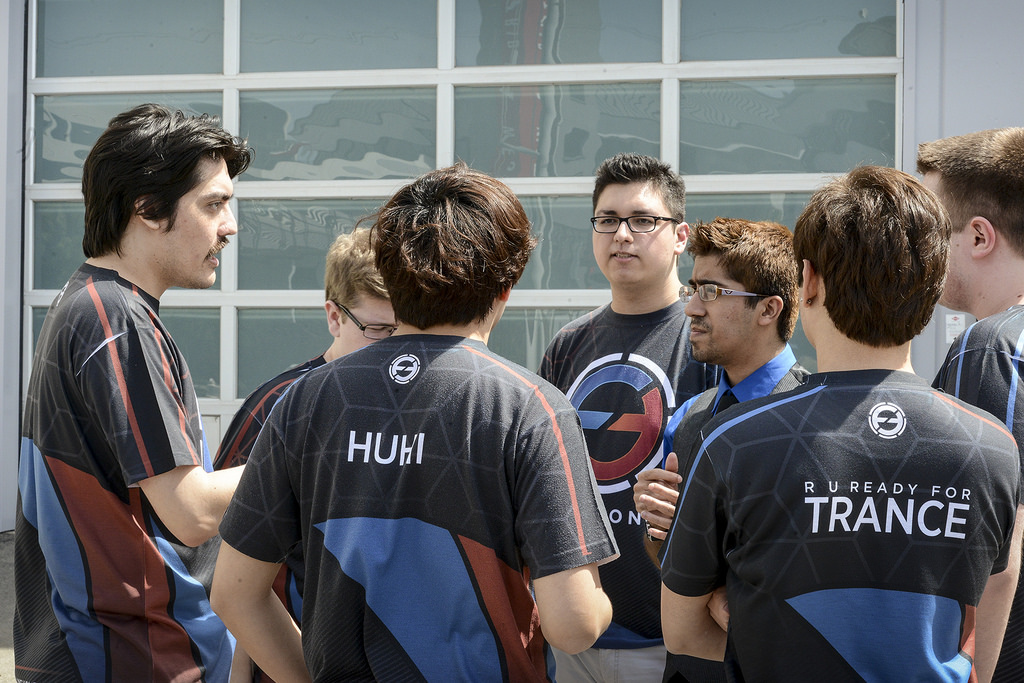This year the Challenger Series—the so-called “amateur” tier of competition under the League of Legends Championship Series (LCS)—reached a new level of play and professionalism thanks to an influx of organizations and owners trying to break into the LCS.
Team Fusion and its owner Alden “Veyloris” Haight led the charge, importing talent like veteran Korean superstar Yoon “MakNooN” Ha-woon and signing LCS vets like Zach “Nien” Malhas while offering them LCS-like support, including a coaching staff and team house.
But Team Fusion failed, coming just one win away from the LCS in two straight tries. They first fell in the expansion tournament in December 2014, losing 2-3 to Team Coast after building a lead in the series. Then they placed third in the Challenger Series, earning another shot at promotion, but could not overcome Dignitas in another harrowing 2-3 loss.
Today, Haight announced that the Team Fusion League of Legends squad is no more. That comes as no surprise considering some of the players, like mid laner Choi “HuHi” Jae-hyun, have already moved to other teams. But it’s a testament to just how tough the Challenger Series and the current League competitive structure really is—even if you enter the scene with resources and build a solid foundation and roster, nothing is guaranteed.
“It was a wild ride. There were many challenges, as well as many, many ups and downs involved with the team,” Haight said. “We went through a plethora of staff and players, and I appreciated my time getting to know all of them. It’s a shame that our moment was stolen by such a narrow margin in the fifth match of two series less than half a year separate, but that just emphasizes exactly how brutal the eSports scene is.”
While the organization may be done competing, Haight is using the opportunity to rebuild it as something different: a brand management firm for esports franchises. Team itself may not have had the success squads like Curse Academy, Team Coast, Enemy eSports, and Team Dragon Knights, who all managed to reach the LCS during the same time period, Team Fusion’s brand itself was likely stronger than any of those teams. That’s in large part thanks to the successful efforts the team put towards marketing themselves and the transparency they showed throughout their journey.
“While building the team over so many months was rewarding, it’s difficult to point to any victories not outshone by our narrow, epic losses,” Haight said. “However, something that may not have escaped the shadow of our losses is that we managed to proactively create and cultivate a large fan base with Fusion. With regards to branding, we saw great success only surpassed by the top echelon of LCS brands. “
Haight hopes to bring those strengths to other brands who might need them but who don’t have the experience or wherewithal to promote themselves. Now known as Fusion eSports (dropping the “team” from their name), the company already has plans in the works with current LCS teams.
The rough and competitive world of esports is a tough place to build a business, but it seems like Haight has found a niche that may be a bit less brutal than actually competing on the Summoner’s Rift.

